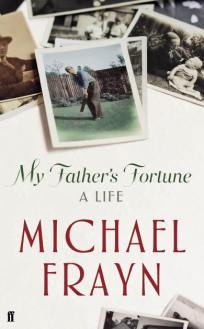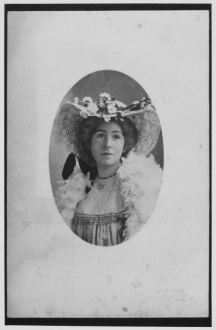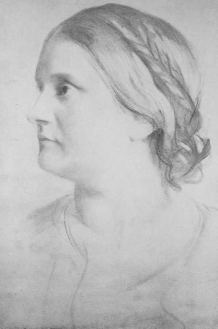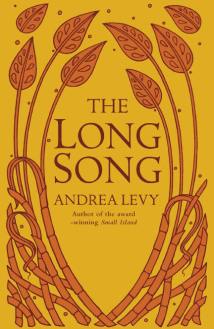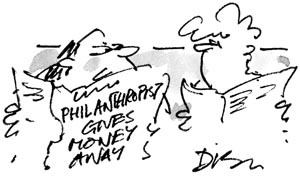Too good for words
I confess myself baffled by this fable. The narrative is as clear, the prose as uncluttered, as one expects from Susan Hill, but its very simplicity leaves me wondering whether I’ve missed the point. I confess myself baffled by this fable. The narrative is as clear, the prose as uncluttered, as one expects from Susan


